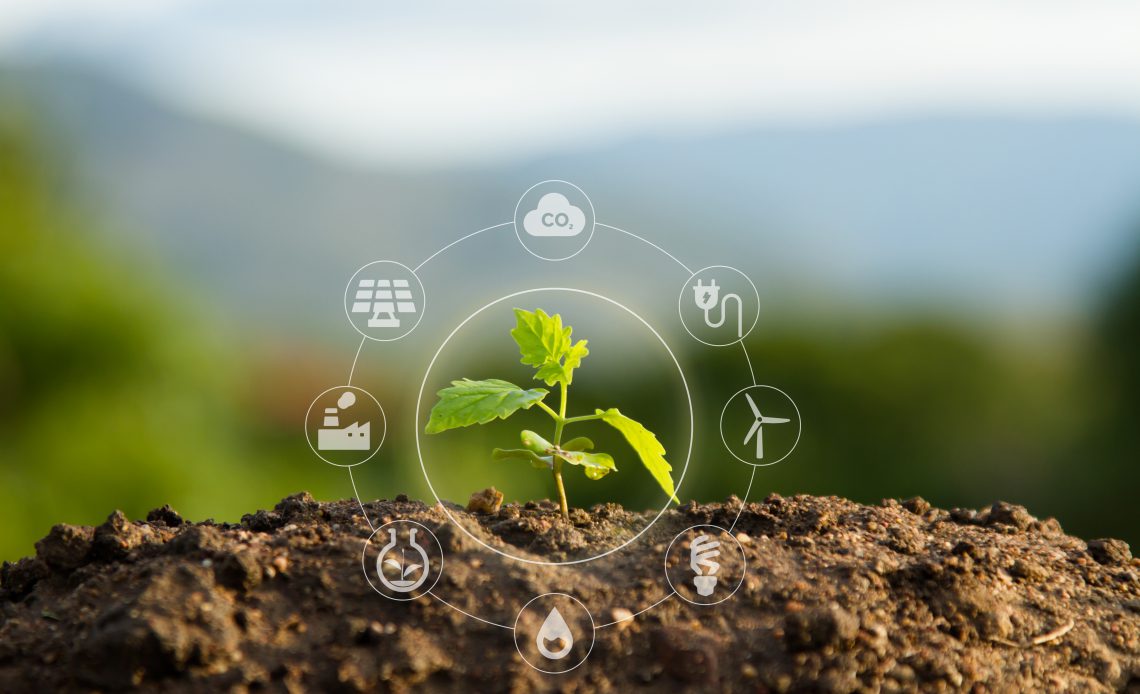
By Josh Richards
We have all found ourselves in the midst of a disaster that will forever change how we work, how we travel, and how we live. But, as difficult as things are now, we are working collectively to turn the tide on both the global pandemic and resulting economic downturn. Only with the dedication of our healthcare workers, the resilience of many businesses, and the adaptability of society are we able to see past this hardship to a new normal. While there is still uncertainty surrounding exactly what that new normal will look like, we have an opportunity to remember the lessons learned during our weeks and months of staying home.
On the other side of COVID-19 lies another global dilemma: climate change. We have faced this challenge for decades, but perhaps the coronavirus outbreak can serve as inspiration that, together, we can beat climate change, too.
How are these two issues related? Consider this. The water in Venice, once murky and green from pollution and boat traffic, runs clear again. In San Antonio, dolphins are being spotted swimming amid the city’s famed Riverwalk. Los Angeles just saw its best month of air quality in more than 25 years. These are just a few examples among many showing the strength and resilience of the environment and its ability to repair itself and reverse the stress imposed on it. And all these changes happened in the few weeks following stay-at-home orders.
Once the movement restrictions are lifted and world economies begin to recover, can we sustain these phenomenal trends? Of course, but we must be willing to embrace a new paradigm – one that encompasses both the practicality of social distance and a deep-rooted respect for the natural world and its resources. While this requires substantial change – from private sector commitments to public sector frameworks – we can keep elements from the last few months to develop a new way to live. And what better time than in April 2020, when we celebrate the 50th anniversary of Earth Day.
Many people have adapted to certain aspects of the current circumstances – perhaps turning to biking or running outdoors for exercise in lieu of the gym. Others may have changed shopping habits to support local restaurants and stores that have seen a sharp drop in business. With the majority of the country’s workforce without a daily commute, transportation emissions have declined dramatically. Families have more time together at home, allowing them to reconnect and return to the cherished pastimes of board games and puzzles. With fewer options to dine out, people are inclined to try new recipes and relearn what a healthy diet looks like. The little joys of life – good weather, watching birds on the patio, throwing a frisbee with kids – have taken on a bigger meaning.
These simplicities had been half forgotten amid the daily hustle and bustle we’re used to, but they need not disappear. We can choose to continue this new lifestyle into the next chapter. Through regular exercise and well-rounded diets, we can prioritize wellness. For those who are able, working from home one day each week could drop commuter emissions by a full 20{ff66251fa959225ec0415bec498104472c710c05756e34120ff9c6ac4cef9161} – and save a few dollars, too. By engaging with the outdoors, we can support local parks and relieve stress and tension. By exploring our neighborhoods, we can deepen bonds with our community and discover a local business or two worth patronizing.
When the world reopens, we will all be eager to travel, make dinner reservations, and catch a Friday night movie. The global economies need us to jump back in where we left off, but we can also hold on to the few fortunate side effects of our confinement. This special anniversary of Earth Day falls under dire circumstances to serve as a reminder that we can make a commitment to avert yet another crisis and prove that we can overcome any obstacle.
Josh Richards has served as the Director of Sustainability for Transwestern since 2017. Together with his team, he works to build a culture and platform of services founded in efficiency, sustainability, wellness, and selfless customer service.

